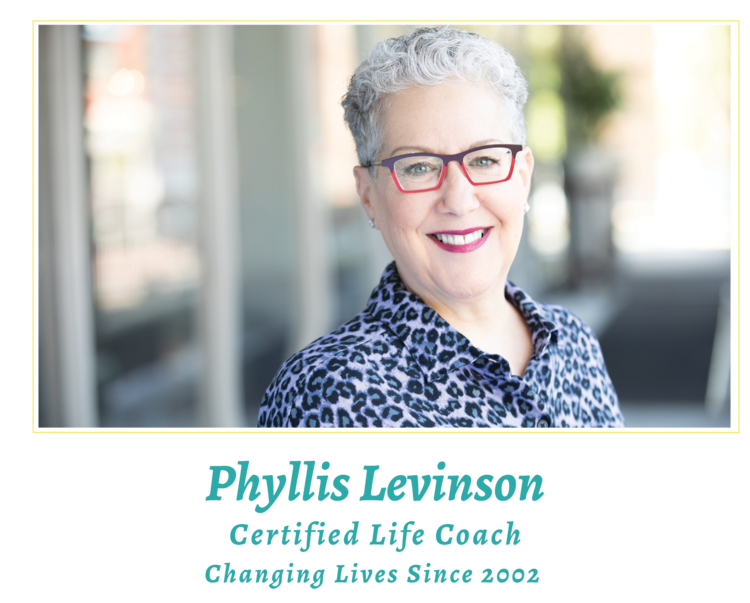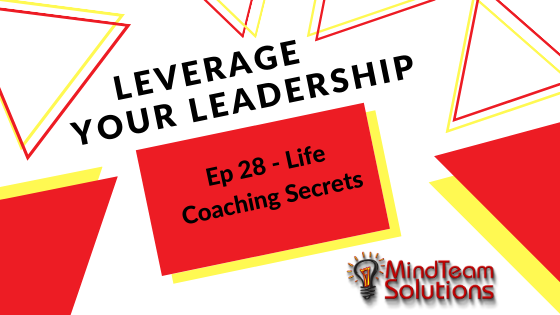Podcast: Play in new window | Download
We don’t always find our calling on the first try and Phyllis Levinson is living proof. This self described “serial career changer” eventually found her most enduring fulfillment in helping others along their search. Today, she mentors women in various industries as they strive toward their career aspirations. An inspired individual above all else, she has collected her wisdom into a book of poems called Life-Ku: 101 Life Coaching Tips, 17 Syllables at a Time. In this three-part special, the goal oriented guru goes into detail on her process.
[1:37] To Scale a Skill
Charting a reliable course for others to follow requires a deep enthusiasm for understanding systems. This inclination toward organization is the common thread in Levinson’s career choices, as she first pursued a path toward city planning. Although she never made professional use of her Master’s Degree in the discipline, she regularly employs the knowledge she gained in its study. Understanding systems helps her to understand people, as effective management of her clients’ career path requires a clear view of the big picture.
[3:02] Finding Balance
As the remote work revolution continues to progress, it is common to question what constitutes a good balance between our personal and professional interests. With much of the modern workforce at home, factors such as location or investment of time can make unreliable measurements. To fully understand what a healthy work-life balance is, Levinson finds it essential to understand what it is not. A healthy work-life balance is not only time management or productivity, but allows all the parts of our lives to fit together seamlessly.
[4:52] Imperfect, but Ideal
The self-help specialist spells out the reality: it is impossible to be perfectly balanced at every moment of every day. The unexpected is always to be expected…sick days and sudden delays are simply part of life on Earth. There will be moments where you feel less capable of facing a new challenge. We all make mistakes from time to time, but allowing perfection to be the enemy of functionality can be the source of our most costly errors.
[6:14] Tree of Life
Levinson’s ¨Tree of Life¨ metaphor has delivered some of her clients’ most profound breakthroughs. She imagines herself as a tree requiring a strong root system to grow and thrive. These roots may not all be equally deep, but each of them plays an indispensable role in ensuring that the tree is properly nurtured. The exterior factors may change, a storm may tear at weak branches, but a well established root system keeps the tree itself strong.
[9:01] Roots to Leaves
Delving into the “Tree of Life” metaphor with more detail, Levinson touches on the issues that most commonly prevent us from leading fuller lives. The roles we choose in our communities and the activities we pursue for enjoyment give us an image of ourselves. In her view, much of the difficulty we face today stems from a struggle to reconcile old images with a new reality. Where are our roots? Which leaves fly off in a breeze? Understanding what we value about our lives can be a source of both motivation and inner peace.
About Phyllis Levinson:

Website: https://www.phyllislevinson.com/
Facebook: https://www.facebook.com/PhyllisLevinsonCoaching/
Blog: https://www.phyllislevinson.com/phyllislevinsoncom
LinkedIn: https://www.linkedin.com/in/phyllis-levinson-mcrp-pcc-45a81218
Connect with MindTeam Solutions:
Website: https://ca.linkedin.com/company/mindteamsolutions
Email: Info@MindTeamSolutions.com
LinkedIn: https://ca.linkedin.com/company/mindteamsolutions

